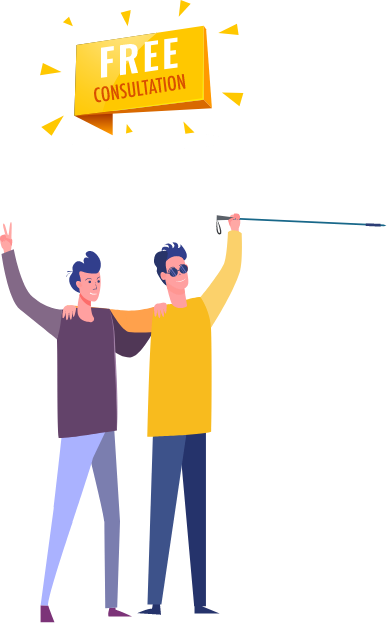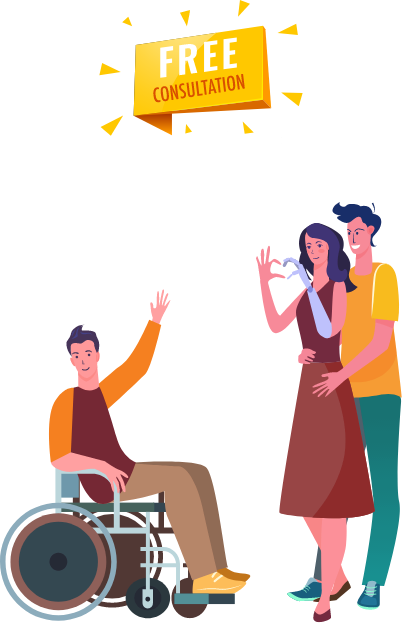S. TOMIYO STONER
OWNER
We, as a society, make disability unnecessarily difficult. There may be challenges that come with a particular disability, but some of the biggest challenges come from social stigma and unnecessary barriers.


ABOUT
S. TOMIYO STONER
My story starts in San Francisco before it was anything like the city it is today. Facebook didn’t exist yet, Microsoft Word was the new kid in town, and Macs came in a rainbow of colors. The Spice Girls played on the radio. If you were lucky, you could get a clean tape recording. Although I grew up with parents who were blind, for me it was just a normal part of life.
In the summer of 1999, I had a dramatic experience that made me understand disability in a new way. It took place at the Sanrio store in San Francisco. In this shop, brightly-colored and meticulously organized accessories depicting Hello Kitty and friends greeted eager middleschoolers. Given that I went to a school requiring uniforms, desk accessories were key to establishing some kind of identity among the rows of navy sweaters and red ties. Usually, my Obachan (grandmother) would take me there, but this time my father did. It would be immediately apparent to anyone who saw him that he was blind, and with my parents being divorced, a majority of my classmates had never seen him. It was just then that a classmate walked in. Would she say something rude or ask an awkward question? Would she make fun of me at school? Fortunately, it seemed it barely phased her. She never once said anything rude at school. And, after a lifetime of hearing about how hard it must be to have blind parents and fielding awkward questions from both adults and peers, it occurred to me that the hardest thing wasn’t having blind parents, it was the social attitudes that surrounded disability. It was the realization we, as a society, make disability unnecessarily difficult. Yes, there may be challenges that come with a particular disability, but some of the biggest challenges come from social stigma and unnecessary barriers.
Understanding that social attitudes and relationships were so important motivated me to study political science at the University of Michigan, and then to pursue my law degree at American University, a school known for its emphasis on civil rights and international law. I knew I wanted to make a difference.
After graduating from law school, I was so honored that as a new attorney I was referred cases representing Deaf clients. I was disheartened to learn how little had changed. The ADA was not being followed and seemed to mean nothing to the businesses that expected gratitude for any accommodation at all. I have taken on cases that others would have rejected and recovered life-changing amounts for my clients. In total, I have recovered tens of millions of dollars. My goal is to empower everyone who contacts me to find solutions, whether that involves providing free resources or taking a case to trial. I will put together a strategy that is both realistic and ambitious. I look forward to speaking with you soon.




